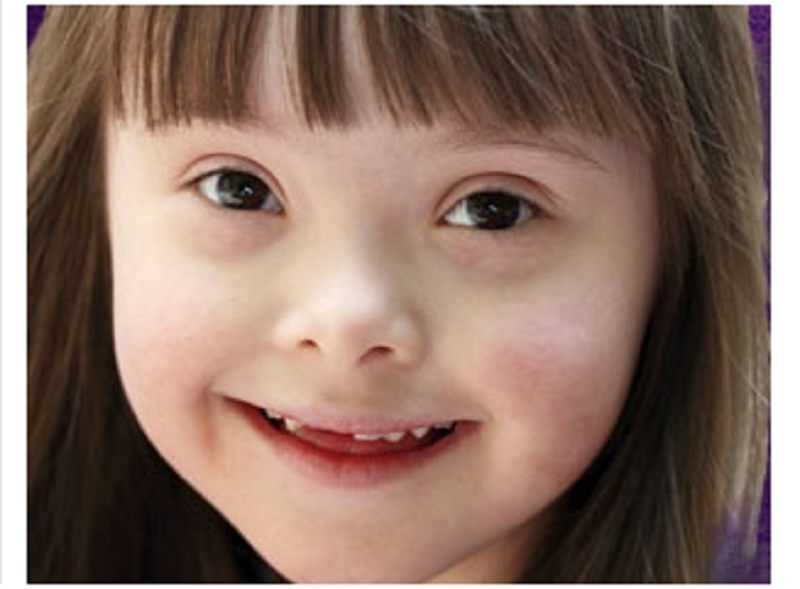Legislators across the country are up in arms following reports that nations like Iceland and Denmark are killing babies with Down Syndrome in abortions to specifically eliminate such people. America has a high rate of abortions on such babies as well and so several states have endeavored to ban abortions when done specifically to target a baby with Down syndrome.
Utah is aiming to become the 4th state to ban such abortions and a legislative committee just approved a bill to do that.
The House Judiciary committee voted Thursday night to send the measure to a vote on the House floor despite a threat from some pro-abortion legislators that a lawsuit would be filed against the measure if passed and becoming law.
“If we pass this bill, we are buying ourselves a lawsuit,” said Rep. Brian King, D-Salt Lake City, urging his colleagues on the Utah Judiciary Committee not to approve the legislation.
But Rep. Karianne Lisonbee, R-Clearfield, held a news conference laying out the details. She reiterated her belief Thursday that aborting a fetus due to a Down syndrome diagnosis is “one of the worst types of discrimination,” and that such procedures smack of eugenics.
Legislators supporting the measure, including bill sponsor Rep. Karianne Lisonbee, contend abortions based on a diagnosis of Down syndrome are “a eugenic-like eradication” of an entire class of people.
The measure would make it a misdemeanor for a doctor to perform an abortion knowing that the pregnant woman is seeking it because of a diagnosis or suspicion that the fetus has Down syndrome. The genetic abnormality can cause developmental delays and medical conditions such as respiratory and hearing problems and heart defects.
Doctors could face up to a year in jail and a $2,500 fine under the proposal, but women seeking such abortions would not be charged.
The House Judiciary committee’s vote in favor of the measure followed an emotional, two-hour hearing Thursday night where people with Down syndrome and other disabilities and the parents of such children spoke for and against the measure.
Kristy Nielsen, with the anti-abortion group Pro-Life Utah, said people with Down syndrome are endangered like animals such as peregrine falcons and Gunnison sage grouse, but the animals have government protections that the people don’t.
Nielsen said it was ironic that Utah protects animals and plants but won’t step in “when a targeted people group is in danger of extinction.”
SUPPORT LIFENEWS! If you like this pro-life article, please help LifeNews.com with a donation!
People with Down Syndrome spoke up in favor of the bill.
A 48-year-old woman with Down syndrome sang her testimony to the lawmakers: “It’s true I don’t walk or talk just like you / It could be I’m slow but one thing I know / I want to be good at things just like you / I have feelings, too.”
Indiana, Ohio and North Dakota have led the way in banning abortions on babies with Down Syndrome and other states like Illinois are considering measures like this Utah legislation.
Unborn babies with Down syndrome and other disabilities are discriminated against at astronomical rates. Parents whose unborn babies have Down syndrome or other disabilities frequently report feeling pressure to abort them by doctors and genetic counselors.
Earlier this year, a CBS News report shocked the nation with its exposure of the discriminatory abortion trend. According to the report, nearly 100 percent of unborn babies who test positive for Down syndrome are aborted in Iceland. The rate in France was 77 percent in 2015, 90 percent in the United Kingdom and 67 percent in the United States between 1995 and 2011, according to CBS.
Some put the rate as high as 90 percent in the United States, but it is difficult to determine the exact number because the U.S. government does not keep detailed statistics about abortion.
Naturally, Planned Parenthood opposes the legislation.








